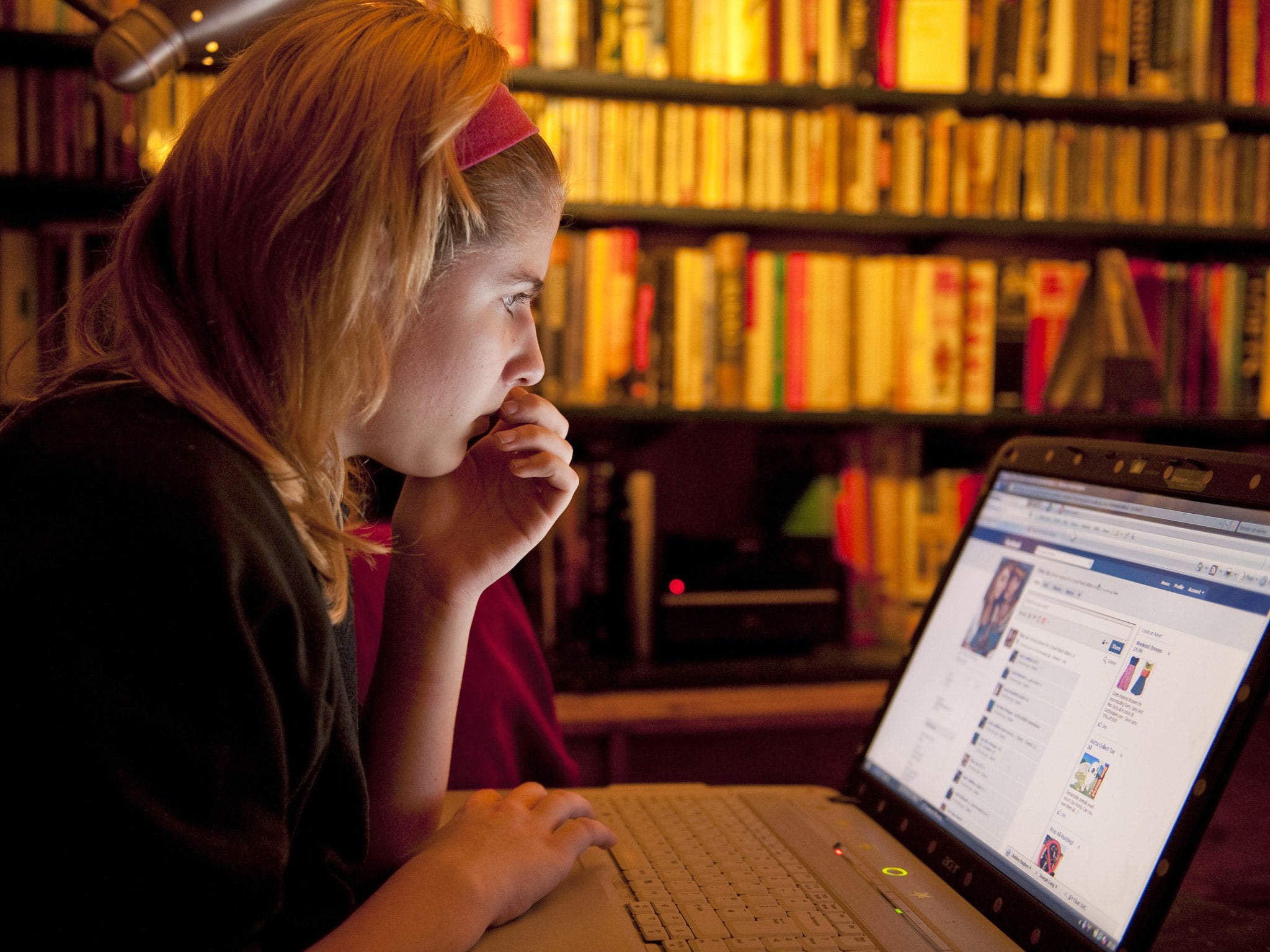FOMO: We really do hate it when our friends on Facebook become successful
Research shows that 'fear of missing out' causes real depression

“We hate it when our friends become successful,” as Morrissey once sang. Now academics have confirmed that Facebook users suffer feelings of envy and depression when they check the status updates of their friends and family.
Researchers at the University of Missouri investigated the mental health implications for the hundreds of millions of people who are active Facebook users.
Lovey-dovey couples, nauseating baby pictures and images posted from exotic holidays are the kinds of material that can lead to symptoms of depression and trigger feelings of envy among users, the academics found.
Margaret Duffy, professor of strategic communication at the MU School of Journalism, said: “Facebook can be a fun and healthy activity if users take advantage of the site to stay connected with family and old friends and to share interesting and important aspects of their lives.
“However, if Facebook is used to see how well an acquaintance is doing financially or how happy an old friend is in his relationship - things that cause envy among users - use of the site can lead to feelings of depression.”
For their study, Duffy and Edson Tandoc, an assistant professor at Nanyang Technological University in Singapore, surveyed young Facebook users and found that some of those who engage in “surveillance use” of Facebook also experience symptoms of depression while those who use the site simply to stay connected do not suffer negative effects.
Surveillance use of Facebook occurs when users browse the website to see how their friends are doing compared with their own lives.
The researchers found that Facebook postings about things such as expensive holidays, new houses or cars, or happy relationships can evoke feelings of envy among surveillance users.
“We found that if Facebook users experience envy of the activities and lifestyles of their friends on Facebook, they are much more likely to report feelings of depression,” Duffy said.
“Facebook can be a very positive resource for many people, but if it is used as a way to size up one’s own accomplishments against others, it can have a negative effect. It is important for Facebook users to be aware of these risks so they can avoid this kind of behaviour when using Facebook.”
Tandoc said: “Social media literacy is important. Based on our study, as well as on what others have previously found, using Facebook can exert positive effects on well-being. But when it triggers envy among users, that's a different story.
“Users should be self-aware that positive self-presentation is an important motivation in using social media, so it is to be expected that many users would only post positive things about themselves. This self-awareness, hopefully, can lessen feelings of envy.”
Previous investigations have found that using Facebook is associated with jealousy, social tension and isolation as well as depression.
Although he is not believed to be a surveillance user, Morrissey maintains an official Facebook page to communicate with his fans, which has more than 1.3 million likes.
Join our commenting forum
Join thought-provoking conversations, follow other Independent readers and see their replies
0Comments